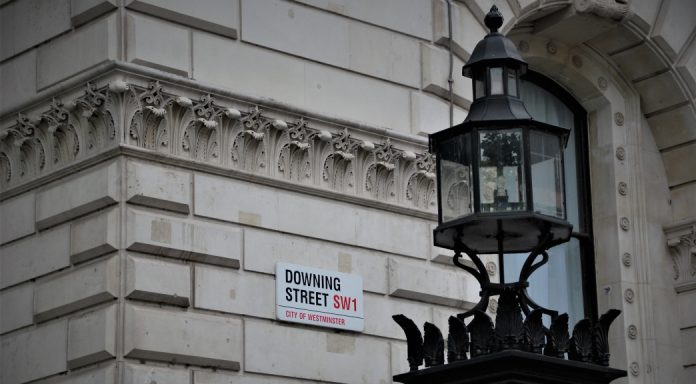The pound once again experienced high volatility on Tuesday, whipsawing as Brussels kept repeating that there was no more room for Brexit negotiation. The pound euro exchange hit a peak of €1.1102 and a low of €1.1026, before closing at €1.1032.
| What do these figures mean? |
|---|
| When measuring the value of a pair of currencies, one set equals 1 unit and the other shows the current equivalent. As the market moves, the amount will vary from minute to minute.h If the euro amount increases in this pairing, it’s positive for the pound. Or, if you were looking at it the other way around:1 EUR = 0.87271 GBPIn this example, €1 is equivalent to approximately £0.87. This measures the euro’s worth versus the British pound. If the sterling number gets larger, it’s good news for the euro. |
Pound traders continued to digest Brexit headlines on Tuesday. After canceling the meaningful vote in Parliament, UK Prime Minister Theresa May headed straight back to Brussels to seek reassurances over the Irish backstop. However, neither Jean Claude Juncker nor Donald Tusk were showing any signs of easing their position. Theresa May has now embarked on a 2-day tour around Europe to speak to leaders in an attempt to win them over and get more concessions. The aim is to make the Brexit deal more appealing for UK lawmakers. However, EU leaders are also putting up a cold front. This raises the uncertainty of what could come next for Brexit. The vote in Parliament must happen before 21st January. As Christmas recess is 20th December — 7th January, time is running out and uncertainty is increasing, weighing on demand for the pound.
Rumors were also circulating that a vote of no confidence could be called at any moment. Reports have suggested that the 48 letters needed to call a vote of no confidence have now been handed in. Since there have been no announcements so far, it could just be rumors, but Theresa May’s time seems to be limited. A vote of no confidence could raise the chances of a hard-line Brexit support taking control. This would increase the chance of a no deal Brexit, which is weighing quite heavily on the pound.
| Why is a “soft” Brexit better for sterling than a “hard” Brexit? |
|---|
| A soft Brexit implies anything less than UK’s complete withdrawal from the EU. For example, it could mean the UK retains some form of membership to the European Union single market in exchange for some free movement of people, i.e. immigration. This is considered more positive than a “hard” Brexit, which is a full severance from the EU. The reason “soft” is considered more pound-friendly is because the economic impact would be lower. If there is less negative impact on the economy, foreign investors will continue to invest in the UK. As investment requires local currency, this increased demand for the pound then boosts its value. |
Political Strain in France Hit Euro
Although not as much as the pound, the euro has been broadly under pressure as well. Demand for the euro has suffered as political turbulence across the region has picked up. The political turmoil includes not only Brexit and Italian budget problems, but France’s President Macron is also facing a potential vote of no confidence. After 4 weeks of riots in Paris, Macron is desperately trying to halt the “yellow vests” protestors. With their rioting and looting, they threaten to bring down his government, and the political risk is weighing on the euro.
| How does political risk have impact on a currency? |
|---|
| Political risk drags on the confidence of consumers and businesses alike, which means both corporations and regular households are then less inclined to spend money. The drop in spending, in turn, slows the economy. Foreign investors prefer to invest their money in politically stable countries as well as those with strong economies. Signs that a country is politically or economically less stable will result in foreign investors pulling their money out of the country. This means selling out of the local currency, which then increases its supply and, in turn, devalues the money. |
Today with just eurozone industrial production on the economic calendar, investors will remain fixed on Macron and his ability to bring his country back under control.
This publication is provided for general information purposes only and is not intended to cover every aspect of the topics with which it deals. It is not intended to amount to advice on which you should rely. You must obtain professional or specialist advice before taking, or refraining from, any action on the basis of the content in this publication. The information in this publication does not constitute legal, tax or other professional advice from TransferWise Inc., Currency Live or its affiliates. Prior results do not guarantee a similar outcome. We make no representations, warranties or guarantees, whether express or implied, that the content in the publication is accurate, complete or up to date. Consult our risk warning page for more details.
This article was initially published on TransferWise.com from the same author. The content at Currency Live is the sole opinion of the authors and in no way reflects the views of TransferWise Inc.





